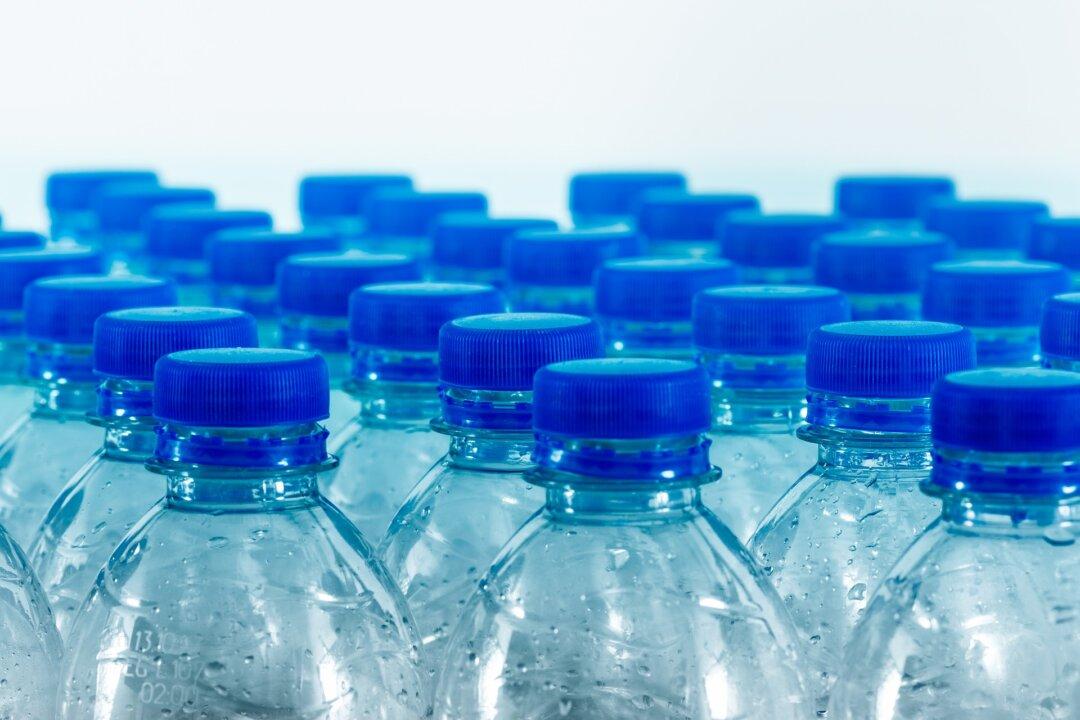Two brands of bottled water, sold at Target and Wholefoods, contain “high levels” of the toxic metal arsenic, according to an environmental campaign group.
Non-profit group the Center for Environmental Health said it has sent legal notices to Whole Foods and Keurig Dr Pepper, claiming that two products—Starkey Water and Penafiel—contain levels of arsenic which require a health warning under California’s consumer protection laws.





